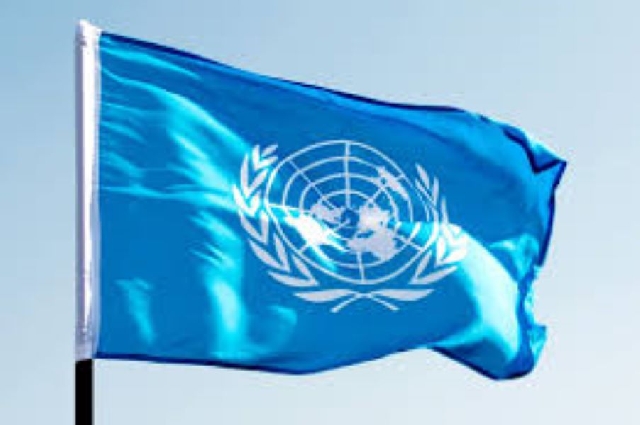2020'll be harder than Great Recession, 34m people to fall under poverty line – UN
 UN
UN
The United Nations is projecting a tough 2020 for emerging economies like Ghana.
Accordingly, the current fiscal situation brought about by the coronavirus is "tighter now" for most developing countries than it was during the global financial crisis a decade ago.
Ghana is expected to lose about GHS9 billion in tax revenue alone this year.
This shortfall in the revenue target of about GHS67 billion is expected to shoot up the fiscal deficit of Gross Domestic Product (GDP) from the about 7% (including financial and energy sector costs) to about 8.5%, some economists estimate.
The new UN report said the global pandemic will likely cause an estimated 34 million people to fall below the extreme poverty line in 2020, with 56% of the increase in African countries.
An additional 130 million people may join the ranks of people living in extreme poverty by 2030, "dealing a huge blow to global efforts for eradicating extreme poverty and hunger".
Prohibitive costs
The UN report said the fiscal cost of fighting the crisis and stimulus measures would be "prohibitive for many developing countries", leaving many in a weaker position to confront the crisis than they were in the 2008–2009 period.
South Africa's GDP could shrink by between 10% and 16.7% this year despite stimulus efforts due to a sharp plunge in economic activity, according to Business for South Africa.
"Gross external financing requirements—consisting of short-term debt, amortisation of medium- and long-term debt, and the current account deficit—have significantly increased, exceeding 20% of GDP, for example, for Argentina, Kenya, Malaysia, South Africa, Tunisia and Turkey. For most developing countries, particularly for commodity-dependent economies, the fiscal situation is tighter now than it was in 2008," the UN report said.
The UN said massive losses of jobs and income due to the pandemic would exacerbate global poverty, especially in developing countries, where unemployment insurance and other forms of social protection are minimal.
According to the report, yields on 10-year government bonds of developing economies like Brazil, Colombia, Nigeria and South Africa, increased by more than 2.0 percentage points, amid investor panic and increasing flight to safety.
"In parallel, the Brazilian real, the Mexican peso and the South African rand have depreciated by about 30% against the dollar between January and March, pushing up debt-to-GDP ratios and amplifying risks of debt distress, as most of their debt is denominated in US dollars," the report said.
Trending Business

Ghana Publishing Company records strong recovery, clears gazette backlogs
09:28
GRA engages taxpayers on VAT reforms, new Act implementation
07:55
Ghana ready for action-oriented investments – Trade Minister tells Chinese delegation
01:54
Gov't to engage stakeholders on rollout of publican digital inspection solution
17:55
Trade Minister visits Abossey Okai to enforce fair pricing and protect consumers
09:10
Dr. Peter Boamah Otokunor represents Ghana at Nigeria’s Agunkefest 2025
22:36
GRA projects GH₵225 billion revenue as VAT reforms take effect
16:24
Submit beneficial ownership details or face penalties - Office of the Registrar to companies
17:28
BoG releases official figures showing significant losses under DGPP/G4R, contradicting Minority claims
12:31
GoldBod delivers major macroeconomic gains, new report reveals
10:42




